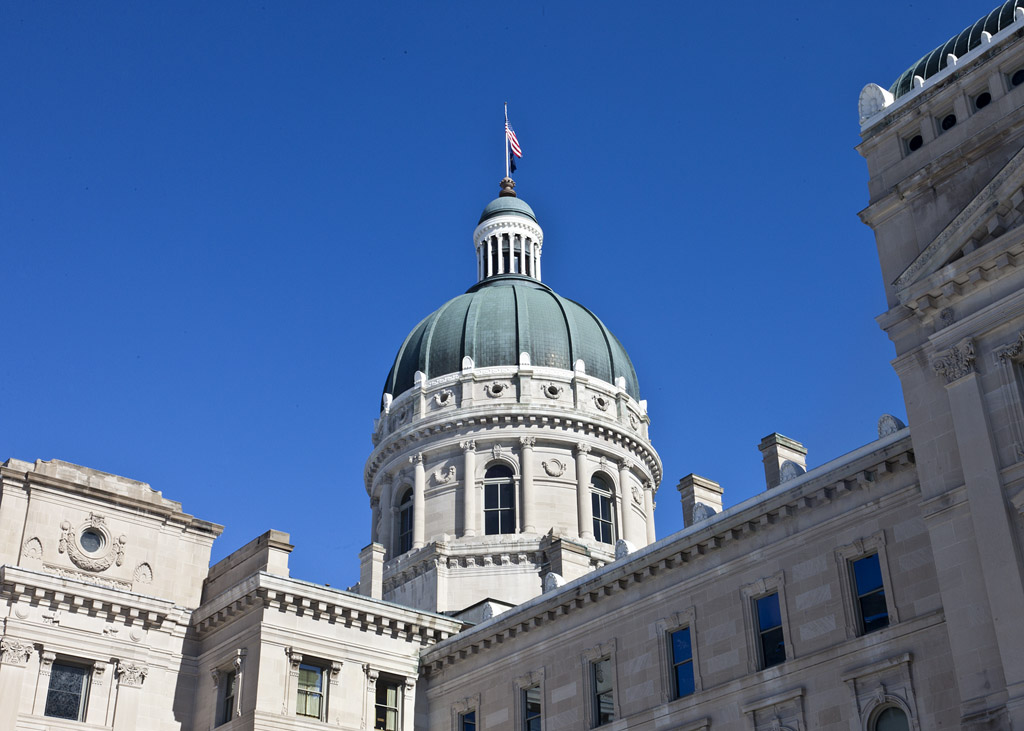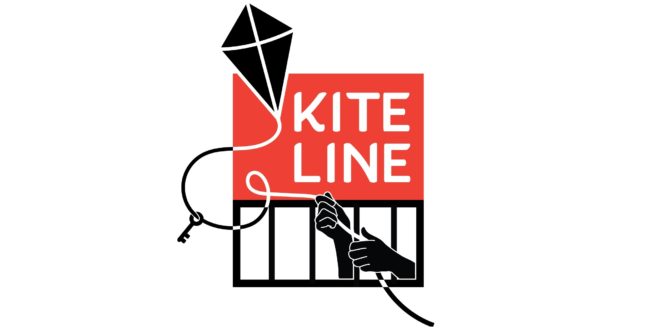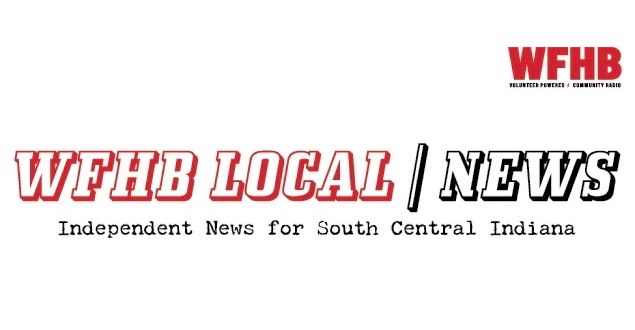Podcast: Play in new window | Download (Duration: 24:00 — 33.0MB)
Subscribe: RSS
This is the WFHB Local News for Monday, November 22nd, 2021.
Later in the program, WFHB Correspondent Nathaniel Weinzapfel speaks with Alyson Alde, a member of the environmental activist group, Sunrise Bloomington, to better understand what they hope to achieve and how optimistic they are for the future. More in today’s feature report.
Also coming up in the next half hour, state lawmakers will reconvene before the end of the month to potentially end the state’s public health order and make it more difficult for employers to require the Covid-19 vaccine. More in today’s headlines.
Monroe County Commissioners Provide Sobering Update on Covid-19

On November 17th at the Monroe County Commissioners meeting, Board of Health Director Penny Caudill gave a sobering update on Covid-19 cases in Monroe County.
“What is probably most disturbing to me is that this is the 17th of November, and we have had over 11 deaths this month alone at almost one a day,” said Caudill.
She said the Board of Health will be meeting to discuss how to address the rise in Covid-19 cases.
Commissioner Penny Githens responded that community members should get their flu shots to limit the number of people going to the hospital.
“I need to remind folks to please get their flu shots because one of the things we can’t have both COVID and flu overtaking our health care system,” said Commissioner Githens. “People need to be able to have surgeries and other care when they need it, and we don’t need to see that again. We can stop this.”
The next Board of Commissioners meeting will be on December 1st.
Bloomington City Council Discusses Humane Pet Shop Ordinance

On November 17th the Bloomington City Council Committee of the whole discussed the Humane Pet Shop Ordinance to address the issues with commercial pet shops to prevent cat and dog mills where the animals are kept in inhumane conditions.
Indiana State Director at The Humane Society of the United States Samantha Morton explained how city ordinances can help communities ensure more humane conditions for cats and dogs.
“So you may know that puppy mills are a big issue here in Indiana,” said Morton, “and over the years at the Humane Society of the United States, we have connected the sale of dogs and cats at pet stores to inhumane puppy mills.”
Council member Isabel Piedmont-Smith presented the ordinance changes and explained how the ordinance would address cat and puppy mills by eliminating the market for them.
“The problem is that dogs and cats sold in pet shops are often sourced from puppy or kitten mills, where conditions are inhumane,” said Piedmont-Smith. “These ordinances have been a strong tool in trying to stem the proliferation of these mills in order to cut the pipeline basically, so that there are fewer places that would actually purchase from the mills.”
She said that the current Consumer Protection Requirements are insufficient to tackle the problem. She explained the ordinance would be effective by January 1st, 2023 to give pet shops time to change their business model, and shared that the Humane Society provides marketing assistance to help pet shops with the transition.
Council member Susan Sandberg added that the community has asked for changes like this to take place, and she feels confident this ordinance fairly allows businesses enough time to come into compliance with the new regulations.
“This has been a long time in the vetting process as for the members of the community that have approached the council to sponsor this ordinance, and so I do believe we have given it great thought we have vetted all the consequences,” said Sandberg.
Council member Matt Flarhety asked about the implications of banning the sale of cats and dogs versus enforcing more strict regulations to ensure the ordinance doesn’t just shift the sale into underground sales rather than eliminating it.
“I would like to ban the existence of puppy mills. My concern is that banning pet store sales of animals is not going to accomplish that and in fact may exacerbate those things in some ways,” he said.
Council member Dave Rollo agreed with Flaherty that under normal circumstances prohibiting the sale of something could lead to the market going underground, however, he said there are still legal alternatives such as the humane society and small breeders who would continue to legally and ethically sell animals.
During public comment, owner of Delilah’s Pet Shop Leslie Henderson Miller spoke about the shop her mother started, and asked the council to not pass the ordinance.
“The thing is, if we’ve been here 45 years and we’ve always had a clean check up from the shelter, and nobody to say anything bad about any of the things we’ve done – that ought to be something that you take and factor that not all people or places are created equal,” said Miller. “Not every pet store is bad.”
The council will discuss the ordinance again at the next meeting on December 1st.
State Lawmakers to Reconvene Over Public Health Emergency and Employer Vaccine Requirements

Indiana lawmakers will reconvene for a one-day session before the end of November.
The purpose of the meeting – to reconsider how private businesses can mandate the Covid-19 vaccine and to hear a bill that would allow Governor Eric Holcomb to end the state’s public health emergency.
Last Tuesday, Holcomb released a statement that he wanted to end the public health emergency “responsibly” by passing three statutory measures.
Those measures include: to continue enhanced federal matching funds for Medicaid expenditures, receiving federal food assistance and the ability to vaccinate 5-to-11 year olds.
According to Our World in Data, about half of Indiana’s population are fully vaccinated. Meanwhile, state lawmakers are trying to make it more difficult for private businesses to require the vaccine.
In proposed legislation for the special session, lawmakers would require businesses to allow exemptions for pregnancy, “anticipated pregnancy” and for religious reasons.
The preliminary draft of the bill also states that employees can submit to weekly testing if they do not want to get the vaccine.
Furthermore, the bill says that an employer cannot deny an employee’s request for exemption.
The 2022 legislative session does not begin until January of next year. However, this rare special session might put an end to Indiana’s public health order, which went into effect in March 2020.
Feature Report:

Sunrise Bloomington, a local subset of the nation-wide Sunrise Movement, recently made headlines for their calls for the Indiana University Foundation to divest from fossil fuels and reinvest in clean energy. WFHB Correspondent Nathaniel Weinzapfel speaks with Alyson Alde, a member of Sunrise Bloomington, to better understand what they hope to achieve and how optimistic they are for the future.

Up next, we have some recent prison-related news and announcements from the producers of Kite Line – our public affairs program devoted to prison issues in the Midwest and beyond.
Kite Line airs at 5:30 p.m. each Friday on WFHB Community Radio. The program is available online or wherever you listen to your podcasts.
Credits:
You’ve been listening to the WFHB Local News,
Today’s headlines were written by Kade Young and Noelle Herhusky-Schneider, in partnership with Cats – Community Access Television Services.
Our feature was produced by Nathaniel Weinzapfel.
Kite Line is produced by Mia Beach.
Our theme music is provided by Mark Bingham and the Social Climbers.
Engineer and Executive producer is Kade Young.
Anchors are Benedict Jones and Nicki Stewart-Ingersoll.
 WFHB Bloomington Community Radio
WFHB Bloomington Community Radio


